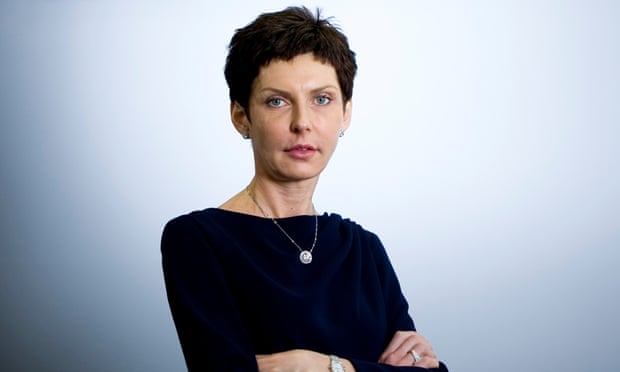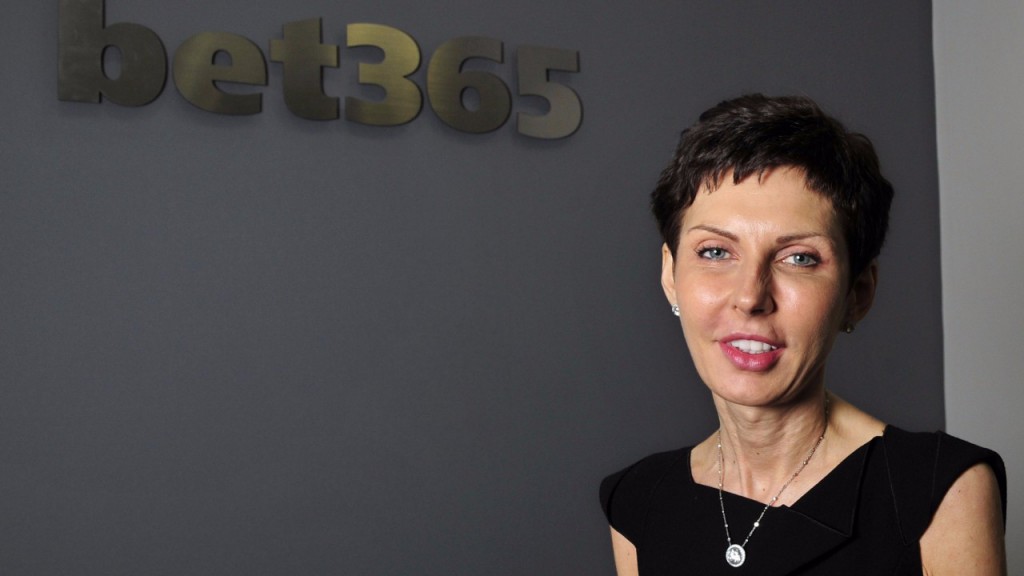Bad money habits are kind of hard to break. We do them over and over without even realizing it.
We all want to be rich. I mean, who doesn’t? But it’s one thing to fantasize about the many things you can do with a big paycheck and it’s another thing to muster the discipline you need to make it a reality. If you have bad money habits, you’ll get into a lot of financial trouble.
For so long, I had no clear plan for my financial journey. All I knew was there was money and it had to be spent.
Are you having issues saving? Do you feel like it’s a load of work putting some money down for the future? Well, I’ve got a couple of tips that can help you.
Here are 4 bad money habits you need to quit this minute if you want to become more financially independent:
Procrastination
This is personal for me. I put off starting an investment plan for a later time. And I just kept pushing it farther. Not that I was super busy or anything, just plain laziness and a lack of self-discipline on my part.
It wasn’t until I told myself the hard truth: that I can either continue pushing it later or just do it now and get organized. I realized that time was running out and that I had no clear financial goals.
The Fix
No one is coming to do it for you so you better get on with it. If you keep procrastinating, you’ll end up broke with lots of debts.
Impulse Purchasing/Buying
We’ve all been here. That urge to buy something. We give ourselves all the reasons why we need to have it. Impulse buying is all in the name. You see a bag and immediately want to buy it. You don’t even stop to consider the cost or whether you actually need it. You buy it before you stop to think whether you need it or can afford it.
The Fix
You need to first recognize this is a problem and keep track. Before you find yourself reaching for that candy or new pair of shoes, ask yourself if you have the resources and if you really need it. Don’t be in a rush; be certain you need it before you do.
Not Budgeting
A lot of people live on more than they make. If you don’t have a monthly budget, your money will disappear and you won’t know where it went.
A budget allows you to see how much money you’re bringing in and where it’s all going. It enables you to make changes that help you save more money and avoid going into the red each month.
Pro-tip
It doesn’t have to be a big chore. It can start with only carrying a small amount of cash with you each day. You can also sign up with a money-saving app that automatically tracks your spending for you. Here’s an easy budget template for you.
Love of Convenience
Once a while, it’s okay to make a convenience purchase. These are purchases that are routine and take little thought when being bought. However, if you find yourself regularly making convenience purchases, it’ll cost you.
Pro-tip
You can start by cooking instead of buying fast food every day. Make a regular weekend event of preparing a dish that can be separated into freezer containers for future use.
You can also stop getting that expensive breakfast on your way to work every morning and rather get up 5 minutes earlier to prepare something. I know waking up early might be hard for me so, I cook when I come home. At least I know lunch for the next day is sorted out.
So, there you have it, 4 bad money habits that are keeping you from attaining financial independence. Which of them are you guilty of?




